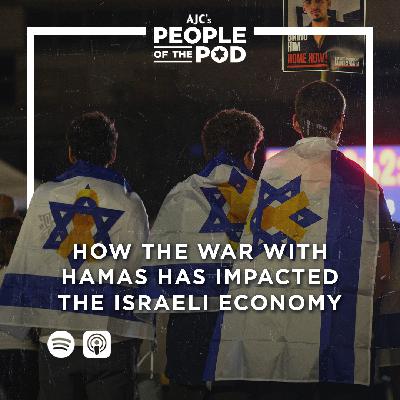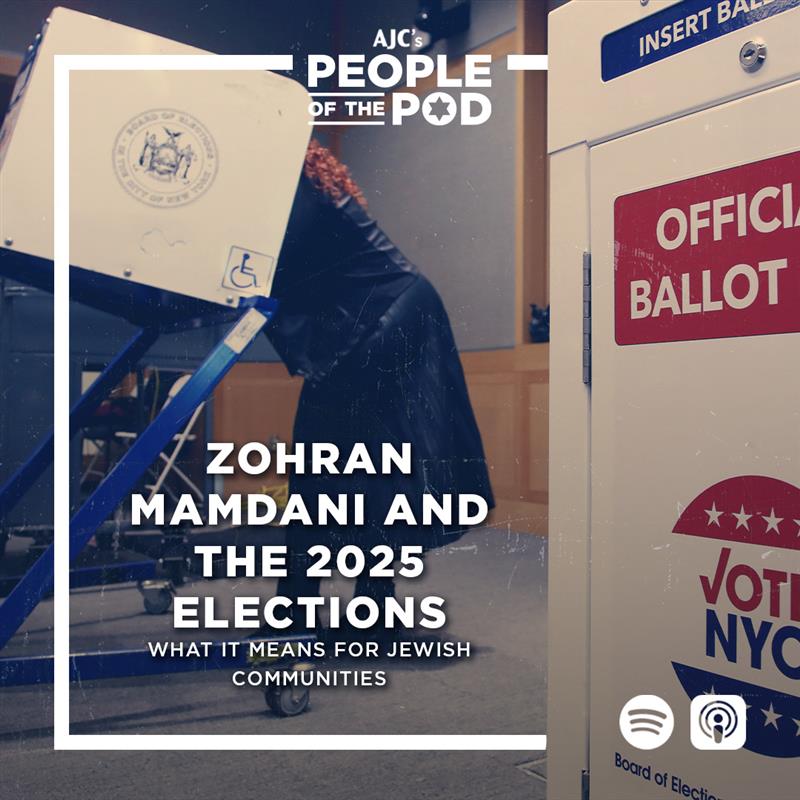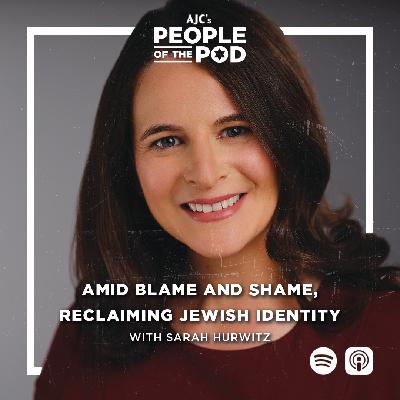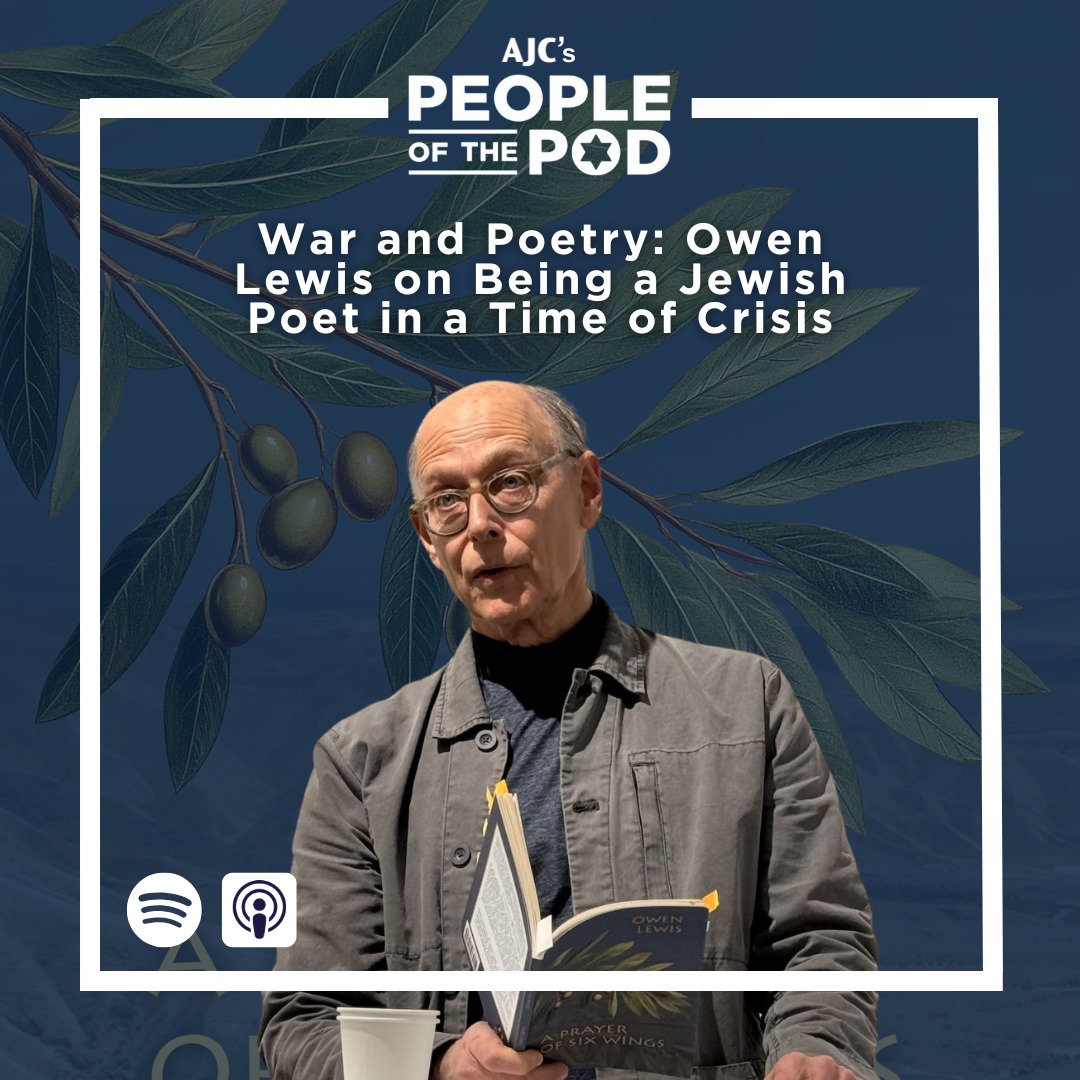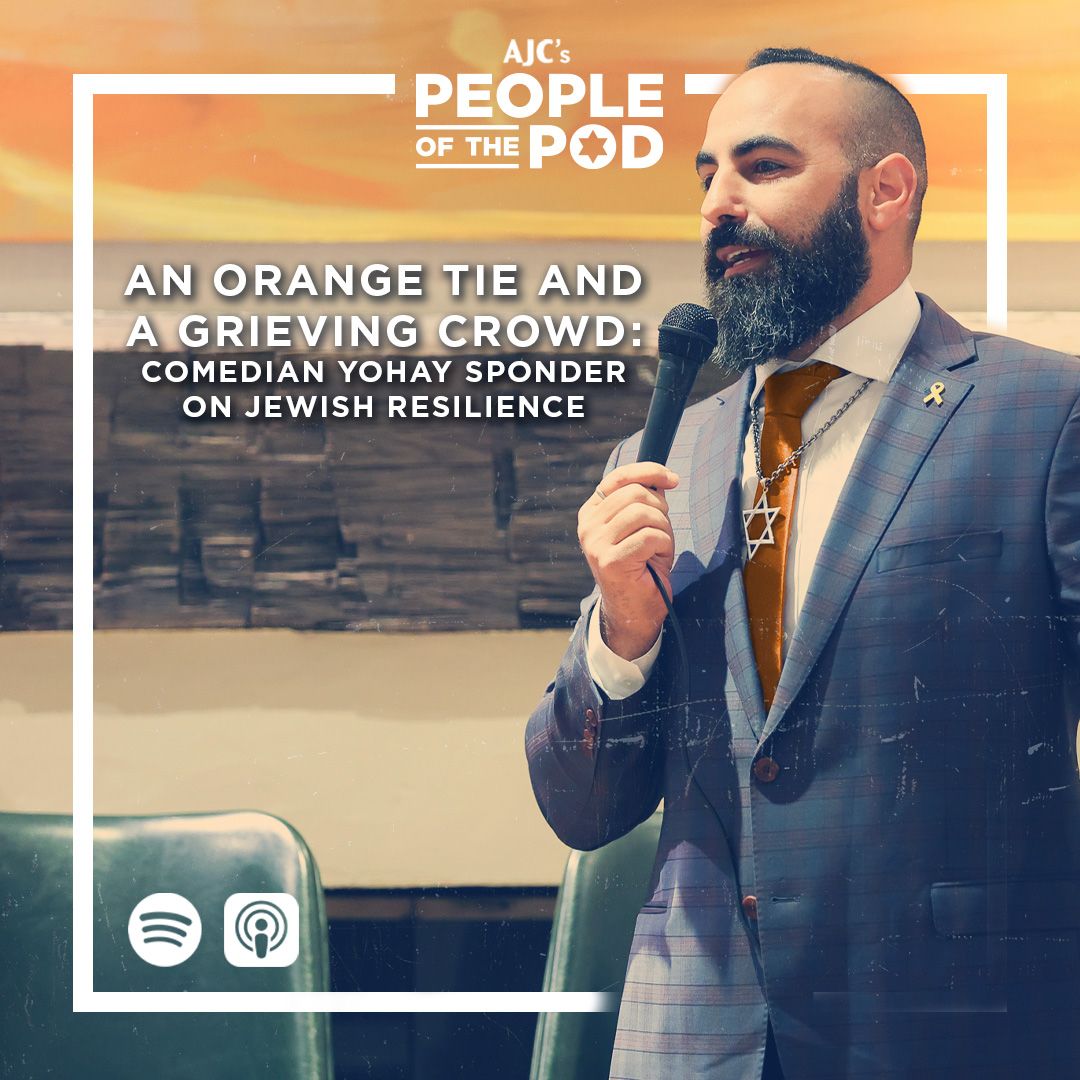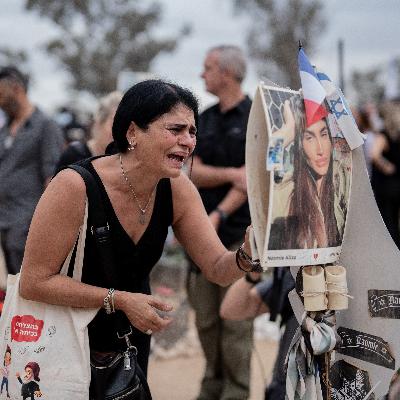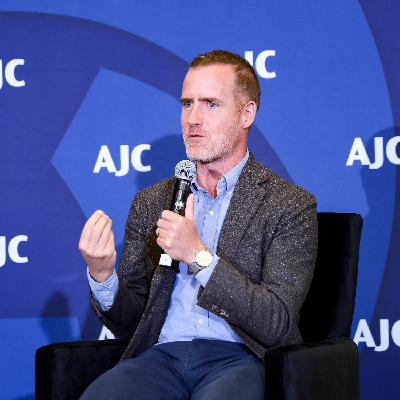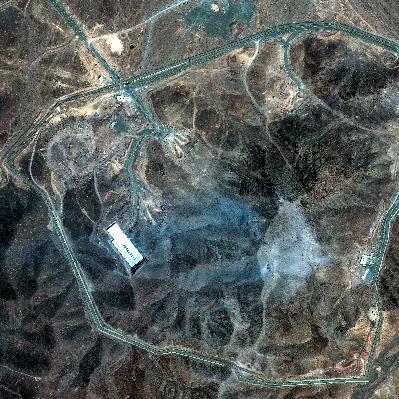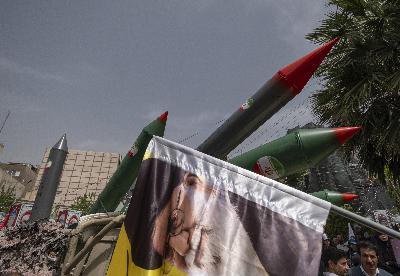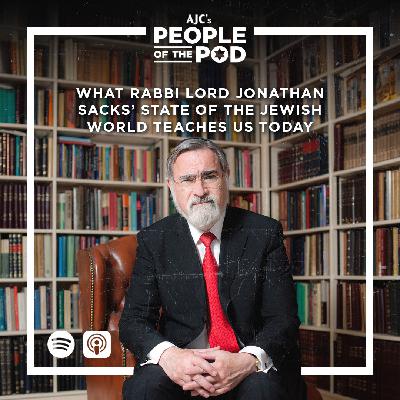How the War with Hamas Has Impacted the Israeli Economy
Description
How did the Israeli economy react to the war against Hamas?
Hear from a major player on the ground – Dr. Eugene Kandel, former economic adviser and Chairman of the Tel Aviv Stock Exchange, discusses Israel's financial resilience after the war against Hamas. Having made aliyah from the Soviet Union in 1977 with his family, Dr. Kandel covers the stock market rebound, missed economic opportunities with Jordan and Egypt, and the success of the Abraham Accords.
*The views and opinions expressed by guests do not necessarily reflect the views or position of AJC.
Take Action:
Elected Leaders: Demand Hamas Release the Hostages
Key Resources:
Listen – AJC Podcasts:
Follow People of the Pod on your favorite podcast app, and learn more at AJC.org/PeopleofthePod
You can reach us at: peopleofthepod@ajc.org
If you've appreciated this episode, please be sure to tell your friends, and rate and review us on Apple Podcasts or Spotify.
Transcript of the Interview:
Manya Brachear Pashman:
Professor Eugene Kandel served as economic adviser to the Prime Minister of Israel from 2009 to 2015, and with Ron Sor is a co-founder of Israel's Strategic Futures Institute. He is also chairman of the Tel Aviv stock exchange, the only public stock exchange in Israel, known locally as the Bursa. He is with us now to talk about the impact of Israel's war against Hamas in Gaza on Israel's economy, the potential and impact so far of the Abraham Accords, and how history could one day view October 7 as a turning point for Israel's democracy.
Dr. Kandel, welcome to People of the Pod.
Eugene Kandel:
Thank you. Thank you for having me.
Manya Brachear Pashman:
Before we begin, your family came to Israel in 1977. Can you share your family's Aliyah story?
Eugene Kandel:
Yeah, when I was 14, my family was living very comfortably in the Soviet Union. My father was a quite known writer, playwright, a script writer. And around him was a group of Jewish people of culture that were quite known in their domains, mostly Jewish. And so at some point in 67 he sort of had this vision and started studying Hebrew. But 1970 and then by '73 when I was 14 years old, he came to me and said, Look, your mom and I decided to immigrate to Israel. What do you think about it, and I said, I don't know what I think about it. Okay, you know, if we want to immigrate, let's immigrate. I never felt too much belonging there.
So unfortunately, Soviet authorities had other ideas about that. So we spent four years as refuseniks. My father, together with Benjamin Fine, were the editors of the underground publication called Tarbut. And for people who did not live there, they put their names on it. So this was, these were typewritten copies of Jewish culture monthly. And there were two names on it. You could go to jail for this. My father was always pretty brave man for his petite size, because during the Second World War, he was very, very hungry, to say the least. So he didn't really grow very much. But he's very big inside.
And so the following four years were pretty tough on them, because he couldn't work anywhere. Just like in McCarty years in this country, people would give work to their friends and then publish it under their own name. That's what he did for his friends, and they would share the money with him, or give him most of the money. There were very, very brave people. And then, you know, there was an incident where they wanted to send a message to my father to be a little less publicly outspoken. And so two KGB agents beat me up.
And that started a whole interesting set of events, because there was an organization in Chicago called Chicago Action for Soviet Jewry. Pamela Cohen. And I actually met Pamela when I was studying at the University of Chicago. And thanked her. So they took upon themselves to harass Soviet cinema and theater and culture officials. And so they were so successful that at some point, the writers league from Hollywood said that nobody will go to Moscow Film Festival unless they release us because they do not want to associate with people who beat up children. I wasn't a child, I was 17 years old, but still. And that sort of helped. At least, that's how we think about it.
So it's worthwhile being beaten up once in a while, because if it lets you out, I would take it another time. And then we came to Israel in a very interesting time. We came to Israel four hours after Anwar Sadat left. So we came to a different Israel. On the brink of a peace agreement with Egypt. And so that was it.
We came to Mevaseret Zion, which was an absorption center. A small absorption center. Today I actually live probably 500 yards from where we stayed. Sort of full circle.
And today, it's a significant, it's about 25,000 people town. And that's the story, you know, in the middle, in between then and now, I served in the military, did two degrees at Hebrew University, did two degrees at the University of Chicago, served as professor at the University of Rochester, and then for 28 years, served as professor of economics and finance at the Hebrew University. So I keep doing these circles to places where I started.
Manya Brachear Pashman:
You say you arrived four hours after Sadat's visit to Israel on the brink of a peace agreement with Egypt. Did that peace agreement live up to expectations?
Eugene Kandel:
Well, it depends what are your expectations. If your expectation will continue in the war, it definitely did, because, you know, for the last, you know, whatever, 48 years, we didn't have any military activity between Israel and Egypt. And we even have security collaboration to some extent. But if you're thinking about real peace, that would translate into people to people peace, business to business peace, it did not generate that at all. Because there was a very, very strong opposition on the street level and on the intellectuals level.
It actually started to break a little bit, because today you can find analysts on Egyptian television that are saying that we are, we are stupid because we don't collaborate with Israel. It is allowed today, It's allowed to be said in, you know, 20-30, years [ago], that person would have been ostracized and would never be allowed to speak.
So there is some progress, but unfortunately, it's a huge loss for the Egyptian economy. For Israeli economy, it is probably also a loss, but Israeli economy has a lot of alternatives in other countries. But Egyptians don't seem to be able to implement all the things that Israelis implemented a long time ago. You know, whether it's water technologies, whether it's energy technologies. Lots of lots of stuff, and it's really, really unfortunate that we could have helped Egyptian people, the same people who rejected any relations with us. And that's a pity.
Manya Brachear Pashman:
The next peace agreement that came was with Jordan in 1994, quite some time later. Did that peace agreement live up to expectations, and where were you in 1994?
Eugene Kandel:
1994, I was a professor at the University of Rochester, so I wasn't involved at all. But again, it was a very, very similar story. It was the peace that was sort of forced from above. It was clearly imposed on the people despite their objections, and you saw demonstrations, and you still see. But it was clear to the leadership of Jordan that Israel is, in their case, is absolutely essential for the survival of the Hashemite Dynasty. In the end the Israeli intelligence saved that dynasty, many, many times.
But again, it wasn't translated into anything economic, almost anything economic, until in the early 2000s there were some plants in Jordan by Israeli businessmen that were providing jobs, etc. But I was privileged to be the first to go to Jordan together with American officials and negotiate the beginning of the gas agreement.
We were selling gas to Jordan, because Jordan was basically going bankrupt because of the high energy costs. Jordan doesn't have its own energy, apart from oil shale. Sorry, shale oil. And for some reason they weren't able to develop that. But Israeli gas that we are selling to them as a result of what we started in 2012 I believe. Actually very important for the Jordanian economy. And if we can continue that, then maybe connect our electrical grid, which is now in the works, between the water-energy system.
And now maybe there is a possibility to connect the Syrian grid. If we have an agreement with Syria, it will help tremendously these countries to get economic development much faster. And it will help Israel as well, to balance its energy needs and to maybe get energy, provide energy, you know, get electricity, provide ga

